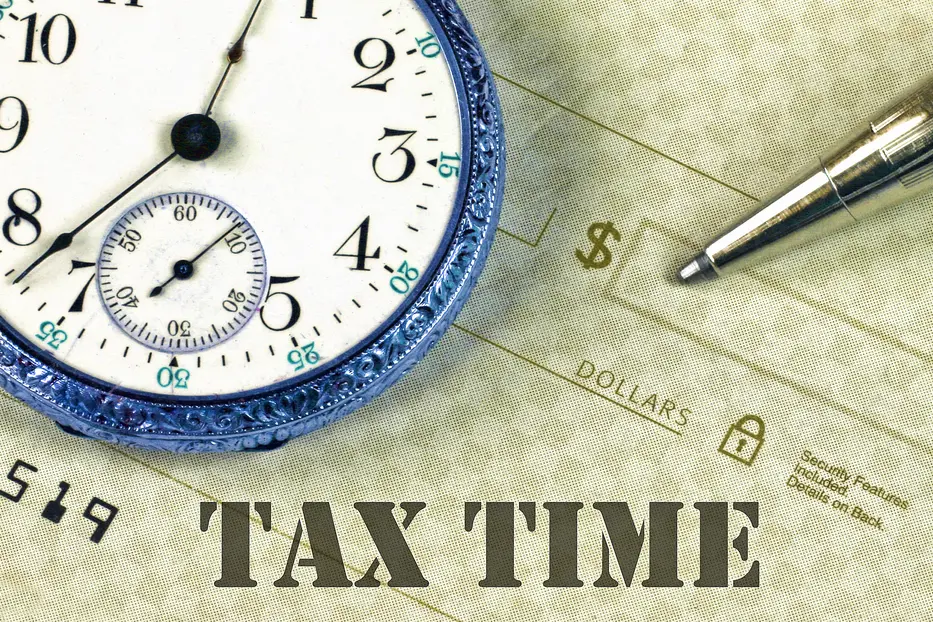PHOTO
JEDDAH/DUBAI — The Gulf Cooperation Council (GCC) Value Added Tax (VAT) Treaty has now been signed by all six GCC states who have been taking concrete steps toward implementation aiming for a ‘go live’ date of January 1, 2018. In order to gauge the level of knowledge of VAT within the GCC marketplace and to understand the preparations already underway for the introduction of VAT, Deloitte conducted an Indirect Tax Client Survey in the region.
“While 96% of respondents confirmed they were aware that VAT is going to be introduced in the GCC, less than half believe that VAT will be introduced in the very near future. This belief among the business population is directly contradicted by official announcements and positive actions being taken by the governments of the GCC states, such as official announcements by the General Authority for Zakat and Tax (GAZT) in the Kingdom of Saudi Arabia and the launch of a series of public awareness sessions by the Ministry of Finance in the United Arab Emirates,” said Justin Whitehouse, Deloitte Middle East Indirect Tax expert. “These actions indicate that all is on track for the target implementation date of January 1, 2018 and businesses should be taking their preparations seriously by this point.”
The Deloitte survey was completed by businesses spanning all industry sectors, giving a true reflection of the opinions of the business community as a whole. 71% of the manufacturing industry respondents thought they would need the help of VAT specialists, whereas 52% of the energy, resources and utilities respondents thought specialist advice would not be needed.
A parallel survey was conducted by Deloitte among clients of Deloitte Malaysia, entitled The Journey to Malaysian Goods and Services Tax (GST), so as to offer insights from businesses that have very recently been through a GST implementation process.
To compare with their Malaysian counterparts, 69% of the GCC respondents estimated it would take longer than six months for their business to adequately prepare for the introduction of VAT although 30.91% thought it would take their business less than six months to get ready, which contrasts significantly with the Journey to Malaysian GST survey, in which only 10% of respondents needed less than six months to prepare.
When asked what their main area of concern was at the outset of the process to prepare their business for the implementation of GST, respondents to the Journey to Malaysian GST survey cited similar concerns to those currently experienced by businesses across the GCC. In practice the majority of these concerns are internal to the business – the availability of information from the government being the only external factor.
Almost 70% of respondents to the Journey to Malaysian GST survey who exceeded budgets for their implementation project confirmed that the principle reason consisted of issues with the IT system.
“We are reaching a critical point in time for businesses to react to the quickly evolving tax environment. We have summarized in this survey (http://bit.ly/2oZWla8) the full results which demonstrate where businesses are today,” Whitehouse noted.
“There is a great deal to be done for every business to be able to achieve day one compliance. We hope these results provide some interesting food for thought on the commencement of implementation journey.”
© The Saudi Gazette 2017





















